
Indianapolis, Indiana – Indiana copyright attorneys for Redwall Live Corporation (“Redwall”) of Indianapolis, Indiana asked the Southern District of Indiana to dismiss Redwall’s own copyright litigation. Redwall’s complaint alleged that ESG Security, Inc. (“ESG”), also of Indianapolis, Indiana, infringed the logo that Redwall had designed for ESG. That logo has been registered by the U.S. Copyright Office. The court dismissed the complaint in its entirety. Redwall will be permitted to refile the non-copyright counts in Indiana state court but the copyright count was dismissed with prejudice.
Redwall is a consulting and design-services firm engaged in the business of strategic branding and advertising. Its services include developing a clear message and a unique visual image as well as developing brand value for its clients.
In its 2013 complaint against ESG, Redwall stated that it had been hired by ESG to reinvent ESG’s brand. As part of this project, it created a new logo design for ESG, which was copyrighted under Registration No. VA 1-874-872. Redwall asserted that ESG had failed to pay Redwall in full for the work done and that ESG nonetheless had continued to use Redwall’s copyrighted logo on a variety of items. Indiana copyright lawyers for Redwall sued for copyright infringement under federal law, as well as breach of contract and unjust enrichment under Indiana state law.
Redwall later decided that pursuing the copyright portion of the claim was not worth the expense. As the Judge Sarah Evans Barker put it, they concluded that “the game is not worth the candle.” Copyright attorneys for Redwall asked the court to dismiss the copyright complaint without prejudice. Attorneys for ESG asked the court instead to dismiss Redwall’s copyright claim with prejudice.
In evaluating Redwall’s motion to dismiss, the court cited its discretion to attach conditions to the dismissal of a lawsuit – “the quid for the quo of allowing the plaintiff to dismiss his suit without being prevented by the doctrine of res judicata from bringing the same suit again.” The court noted that Redwall seemed to have added a less-than-robust copyright claim as leverage to obtain its true goal of payment under its contract with ESG. Judge Barker concluded that to allow Redwall to withdraw that copyright claim without any res judicata consequences would reward that gamesmanship. The court determined that, as a proper exercise of its discretion, it would dismiss Redwall’s copyright claim with prejudice but permit Redwall’s remaining state-law claims to be refiled in state court.
Practice Tip: Filing a copyright lawsuit can be perilous, as the plaintiff may later be unable to dismiss that litigation without incurring liability for the defendant’s attorney fees. As the Seventh Circuit held in Riviera Distribs., Inc. v. Jones, a voluntary dismissal of a copyright claim by the plaintiff – if that claim is dismissed with prejudice – is sufficient to trigger the duty of the plaintiff to pay the attorney’s fees incurred defending against the allegations of copyright infringement: “[Defendant] Midwest obtained a favorable judgment. That this came about when [Plaintiff] Riviera threw in the towel does not make Midwest less the victor than it would have been had the judge granted summary judgment or a jury returned a verdict in its favor. Riviera sued; Midwest won; no more is required.” Similarly here, ESG qualifies as a “prevailing party” under the Copyright Act and is thus presumptively entitled to attorneys’ fees for the litigation of that claim under 17 U.S.C. § 505.
 Indiana Intellectual Property Law News
Indiana Intellectual Property Law News


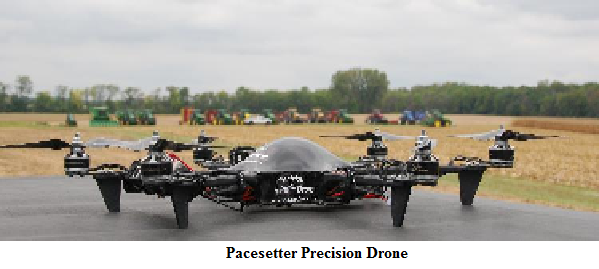

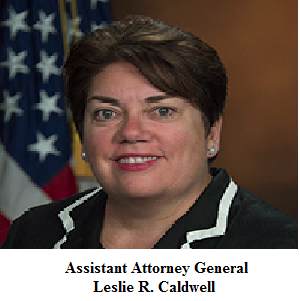
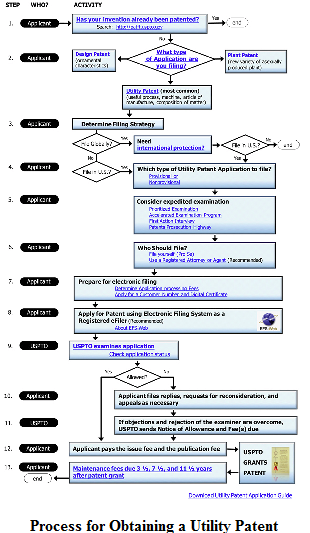
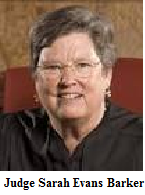
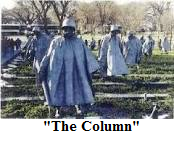
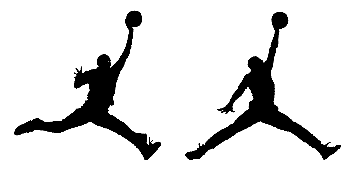
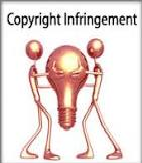 Delaware – A third member of an international computer hacking ring has pleaded guilty to conspiring to break into computer networks of prominent technology companies to steal more than $100 million in intellectual property and other proprietary data.
Delaware – A third member of an international computer hacking ring has pleaded guilty to conspiring to break into computer networks of prominent technology companies to steal more than $100 million in intellectual property and other proprietary data.